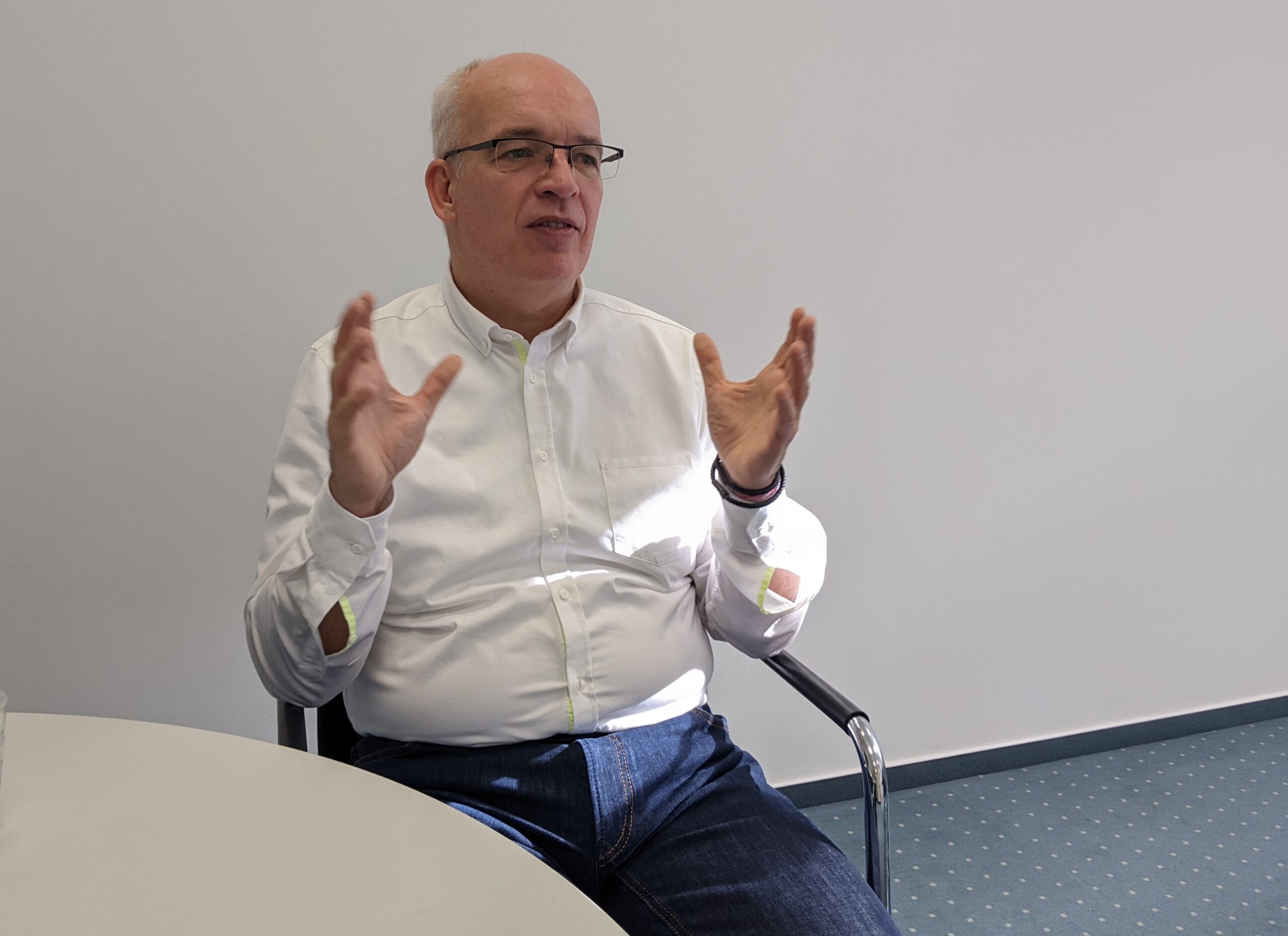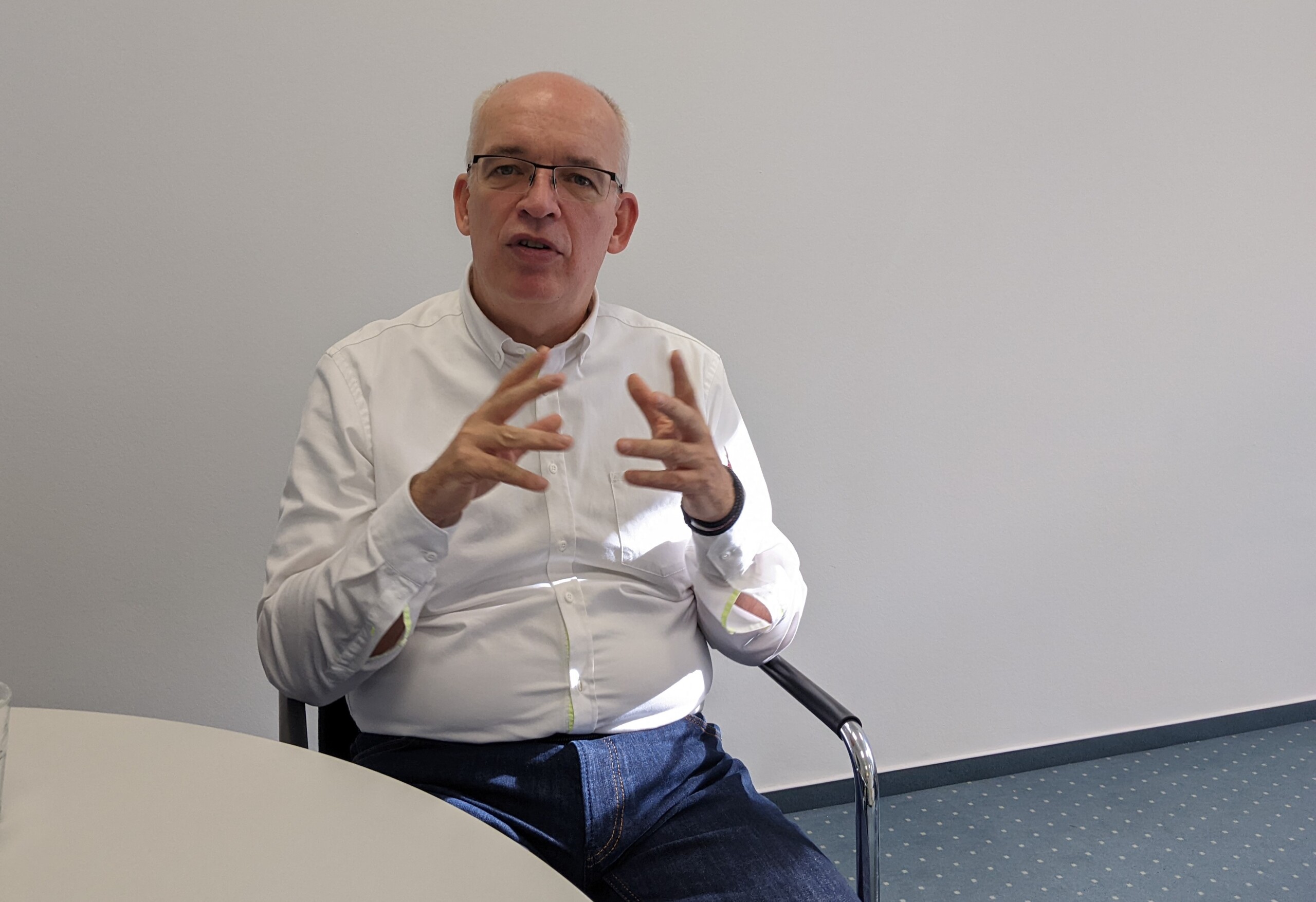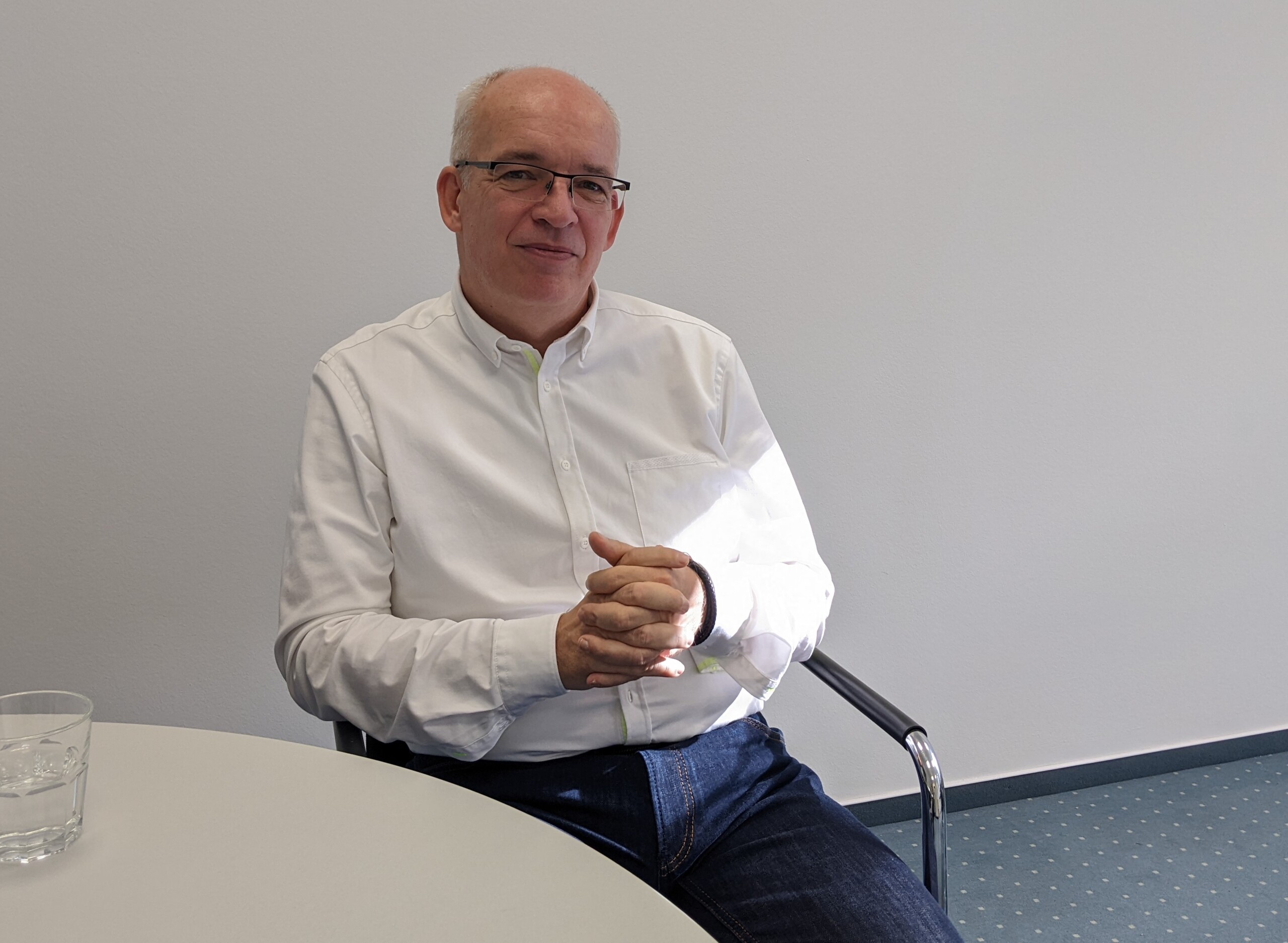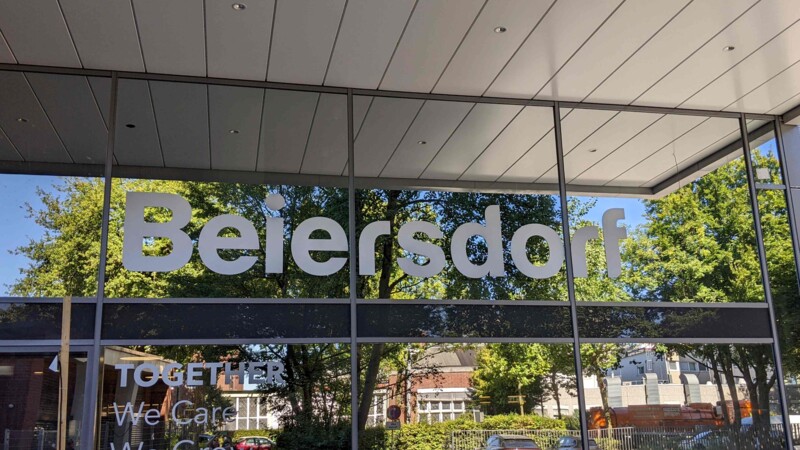Hamburg News: Professor Berlemann, which factors are impacting the current economic situation in Germany?
Professor Michael Berlemann: The situation is characterised by the global economy, the war in Ukraine and its impact on gas supplies, the conflict in the Mideast with its impact on oil prices, interest rates and the dampened consumer mood. All of these factors contribute to the economic situation. And the labour shortage is a key, long-term factor for the economic situation.
Hamburg News: Baby boomers or those born between the mid-1950s and late 1960s are important in this context,
Berlemann: That's right. Baby boomers have begun retiring and will intensify considerably over the next 15 years. Germany will lose labour in the high single-digit millions, if we carry on like this. The effect is not quite as pronounced in Hamburg, which has a relatively young population and a comparatively high level of immigration. However, the overall effect remains the same and that means we in Hamburg have to do our homework as well.
Hamburg News: HWWI has already done preliminary work and analysed the shortage of labour in Hamburg. What did you find out?
Berlemann: We analysed the time frame to 2045 and examined three qualification levels: without a vocational qualification, with a vocational qualification and with an academic qualification. In a nutshell, the greatest shortage is in the group of people with a qualified vocational qualification.
Hamburg News: And the long version?
Berlemann: We have a surplus of labour with low professional qualifications. Immigrants do not have always have a professional qualification or work only as low-skilled workers as the recognition of their qualifications can be difficult.
We foresee a deficit of highly qualified people, but not so soon. Hamburg is attractive for high-earning academics. Although the cost of living is relatively high, Hamburg offers a high standard of living, good childcare that allows parents to work and public transport also makes the city more appealing. The same applies to domestic migration within Germany. However, the global view is sceptical, especially when it comes to German bureaucracy and the level of digitalisation. And although you can get by with English in large corporations, Hamburg loses out in comparison with Scandinavian countries, where English is virtually taken for granted.
Hamburg News: So, what can be done to counter the labour shortage?
Berlemann : There is no single, promising strategy for dealing with the labour shortage. We have to start at different points. One possibility is to make better use of the existing labour force. The employment rate of young mothers is still significantly lower than that of young fathers. Improved framework conditions could help - from longer daycare centre opening hours to an improved data infrastructure with a view to remote working options and even more flexible working hours on the part of companies. But we are talking about limited potential here.
Hamburg News: Which labour force potential seems more promising to you?
Berlemann: People who have worked longer. We are losing far too many people to early retirement. The employment rate of people in their mid to late 50s is falling. It's worth turning this screw because it affects the cohorts with the strongest workforce. If we can keep people in work for a year or two longer, the effects will be noticeable
Hamburg News: What do you suggest?
Berlemann: Promising approaches could include abolishing early retirement and introducing (financial) incentives for working longer. From a business point of view, it would make sense to create positions especially for older employees where they can input their valuable experience. But raising the statutory retirement age to 70 would be a real lever. Ultimately, I think that is unavoidable.
Hamburg News: Many experts are focussing on immigration as a solution.
Berlemann: We already assume an annual net immigration of 300,000 people to Germany. Even more immigration would only help the labour market, if the required people came. But even that would not close the gap, at best it would minimise it.
Hamburg News: So, what do you recommend?
Berlemann: The use of automation, digitalisation and AI hold the biggest opportunity. We are pinning most of our hopes on this strategy. The aim would be to automate as many activities as possible and support the labour force. Repetitive tasks would be eliminated and the labour market would become more attractive. In the past, more technology on the labour market immediately stirred up fears of job losses. But now we need technology to replace missing labourers.
Hamburg News: Fears of job losses, especially in view of rapidly developing generative AI, remain.
Berlemann: We need to allay people's fears of redundancy and focus on opportunities for more attractive and better-paid jobs. In the foreseeable future, employers will have to fight for the current labour pool and pay higher wages. Employees can think in terms of opportunities, even in their mid-50s! And generally speaking, seeing AI as a threat is not useful because the technology is here to stay. So, we must accept the situation. That certainly requires a certain amount of mental and possibly spatial flexibility. But I am convinced of the opportunities offered by technological development.
Hamburg News: Are you optimistic?
Berlemann: Perhaps. I am an optimist. But I'm also an economist who takes a bird's eye view of the situation and presents the facts.
Interview by Yvonne Scheller






